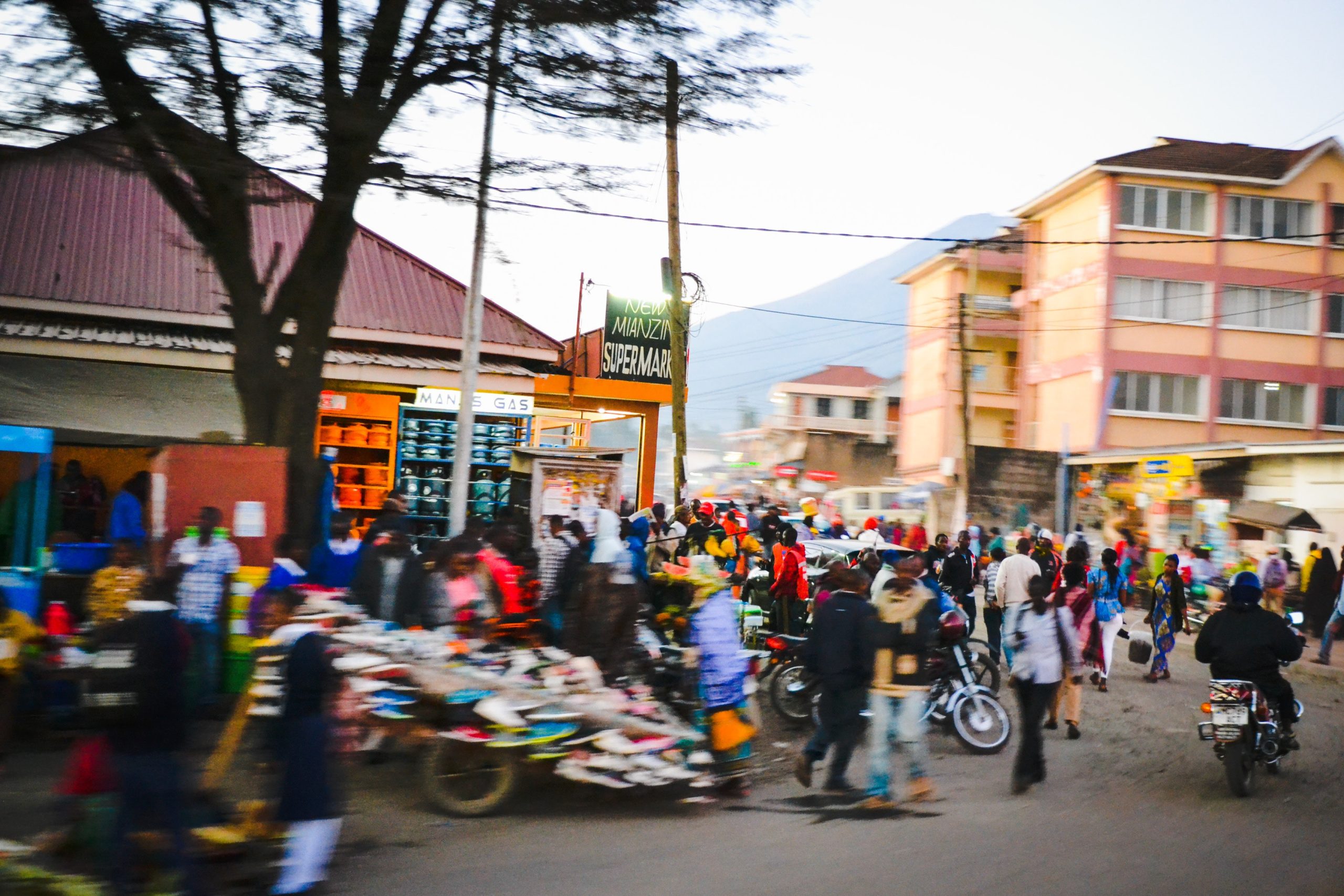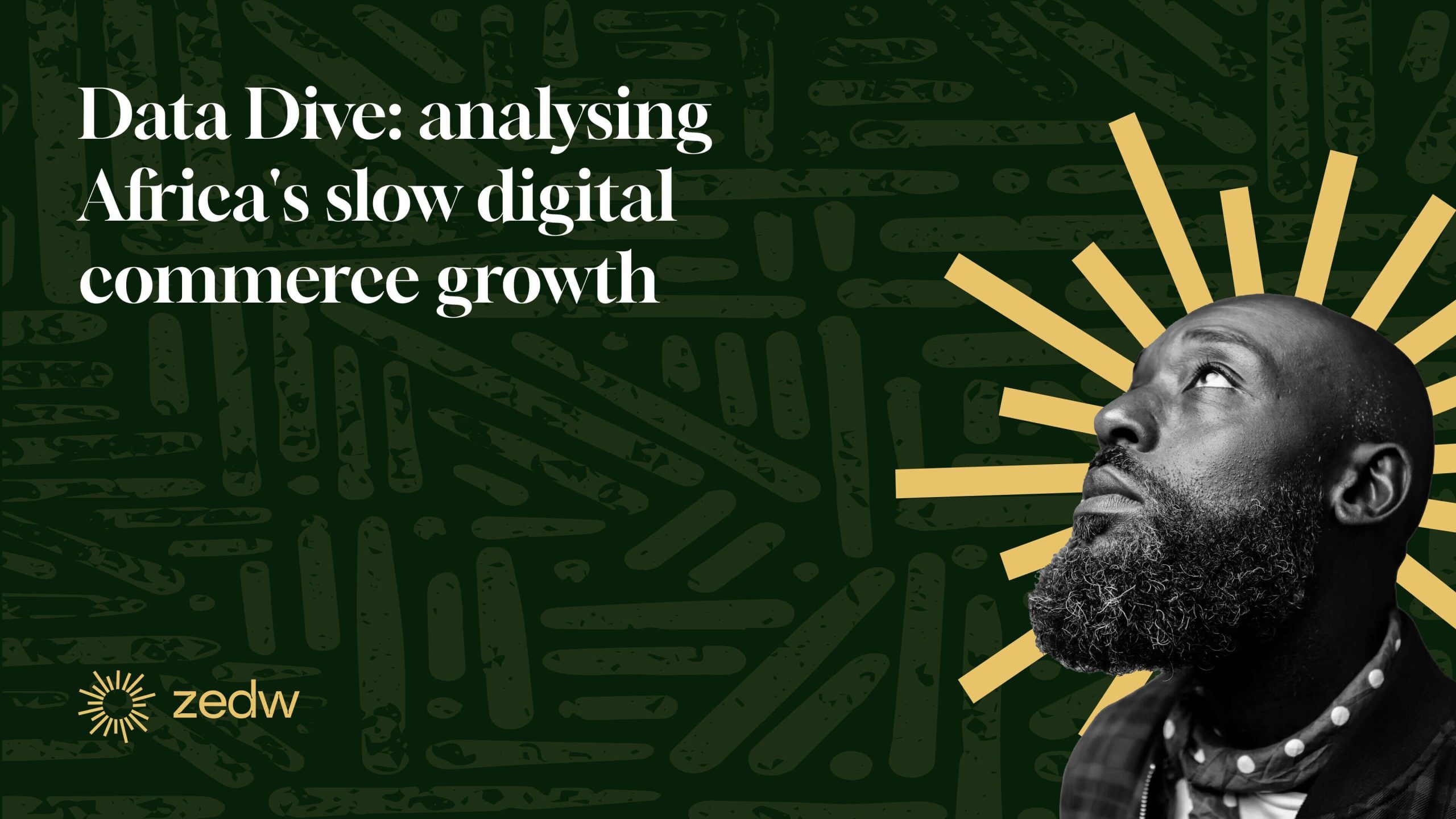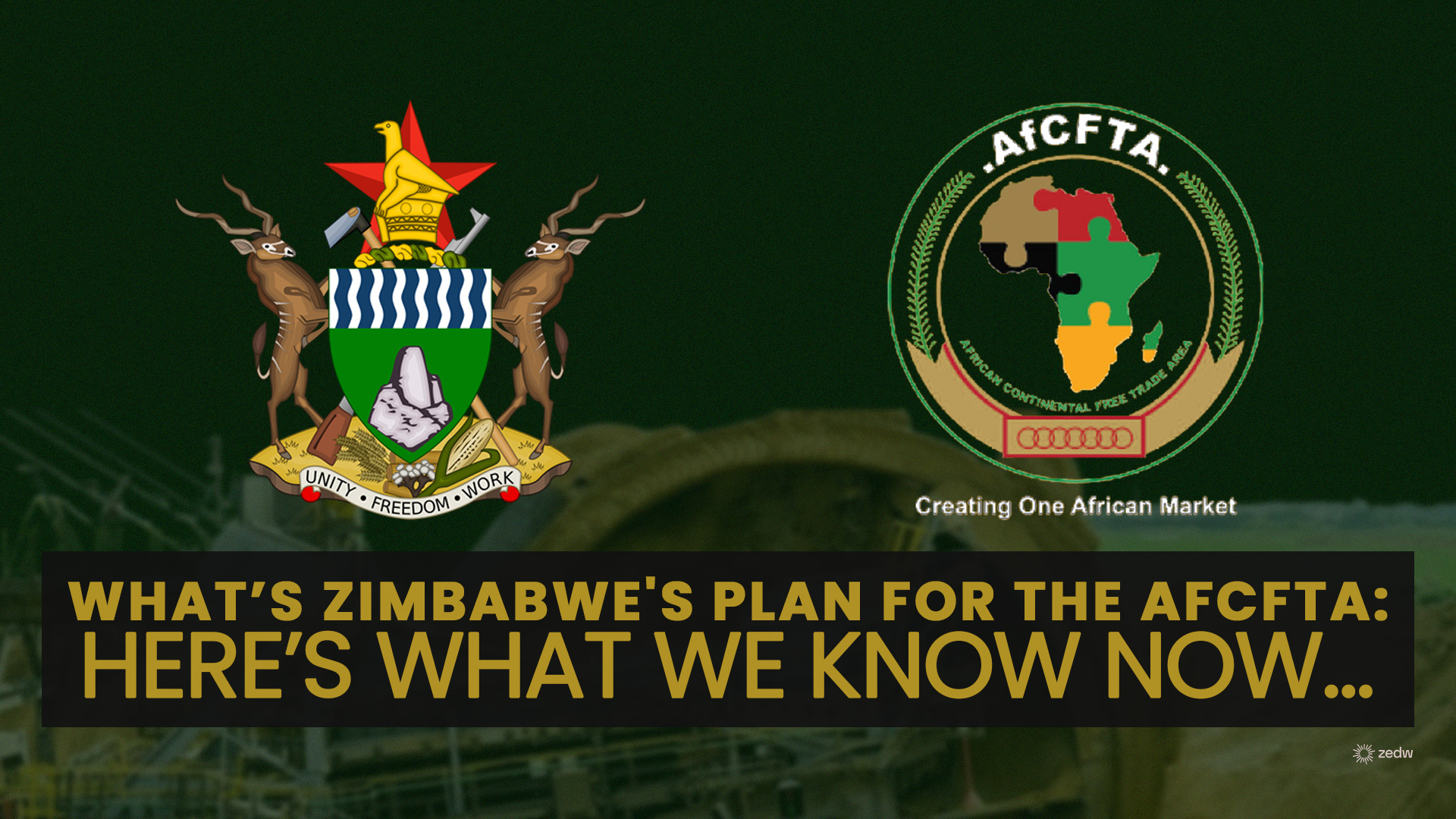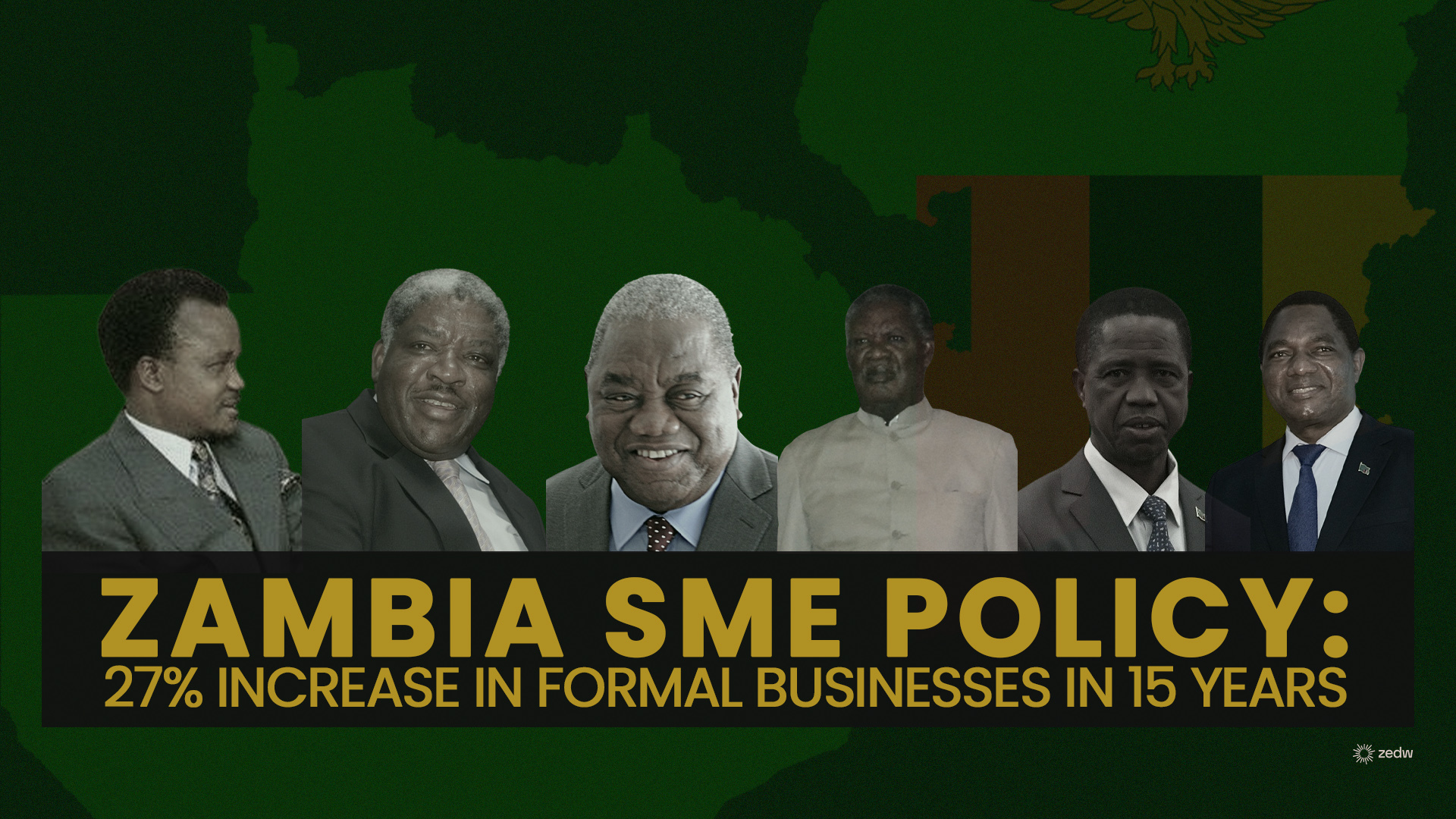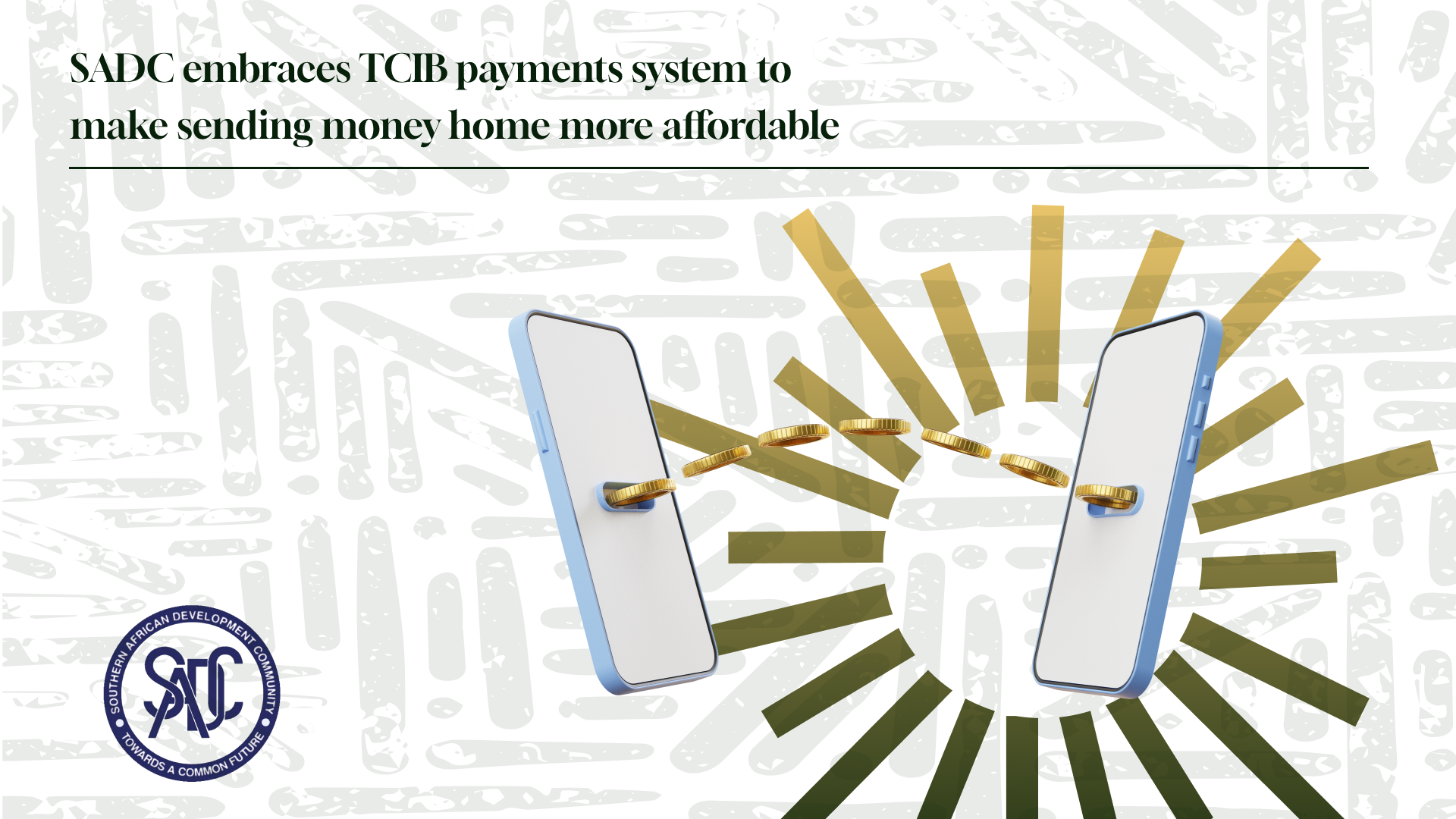Digital payments have grown steadily over the past few years, ushering a wave of opportunity and viable business operability in the fintech sector. In 2014, the rate of digital payments stood at 27% and by 2020 it has increased to 50%. Mobile money is the leading choice of digital payments and provision of financial services in Africa.
But there is an evident gap between mobile money usage and mobile broadband coverage due to poor infrastructure on the continent.
The recurring challenge of lack of infrastructure and access to reliable internet connectivity across Africa is hindering the growth of the mobile money sector and provision of other digital financial services, according to the latest Future of Fintech in Africa report.
You should also read: Poor Literacy Rates & Low Internet Penetration Shrinking Fintech Market Potential In Africa
The report findings indicate that while Africa has strong mobile phone penetration, the fact that there are many mobile phone users does not necessarily translate to high usage as many Africans are faced with systematic and technical challenges on the ground.
Firstly, many users do not have steady incomes that allow them to pay for data subscriptions while others still do not have access to the Internet.
Only 40% of the African population is subscribed to the Internet despite a cover of 83%.
Details from a study conducted by the International Telecommunications Union indicate that only 23% of households in Sub-Saharan Africa have access to the Internet and only 12% have access to a computer at home.
There are other factors that contribute to this stunted growth of the fintech sector in Africa (listed below).
No documentation
The fact that many Africans do not have national identity documents and valid proof of address that they can submit to utilise fintech services is also a challenge. The upside is that this has seen the development and rise of the use of biometrics data, which is anticipated to help in this regard.
Unreliable power supply
Unreliable electricity grids lead to regular blackouts and poor access to power for many communities and households. Currently, over 600 million Africans do not have access to reliable electricity, especially those in rural areas and for others, power outages are a common occurrence.
Expensive Internet
In comparison to Europe and Asia for example, data is still quite expensive in Africa. The Future of Tech report notes that 1GB can be worth more than the average monthly income in many countries and the average cost of mobile broadband is equivalent to 7% of household monthly income.
Poor literacy of digital financial services
A 2019 survey conducted by the Pew Research Centre established that 70% of respondents in 10 African countries feel that mobile money and digital services are not secure – with 78% concerned over access to their personal information and possible fraud. Furthermore, they indicated that the services don’t have user-friendly interfaces and there is also a need to invest in digital education and enhanced cybersecurity protocols.
Poor regulation
Many entities still lack clear and comprehensive regulatory frameworks, which hinders development and frustrates investors.
Interoperability
In most cases, fintech providers and entities operate in silos, which makes it difficult to transfer funds across providers and to also access credit, among other limitations.
As more Africans continue to get online and make digital payments, there is an urgent need to address the above-mentioned challenges and create a seamless fin tech operability and a conducive environment that caters to all people.

